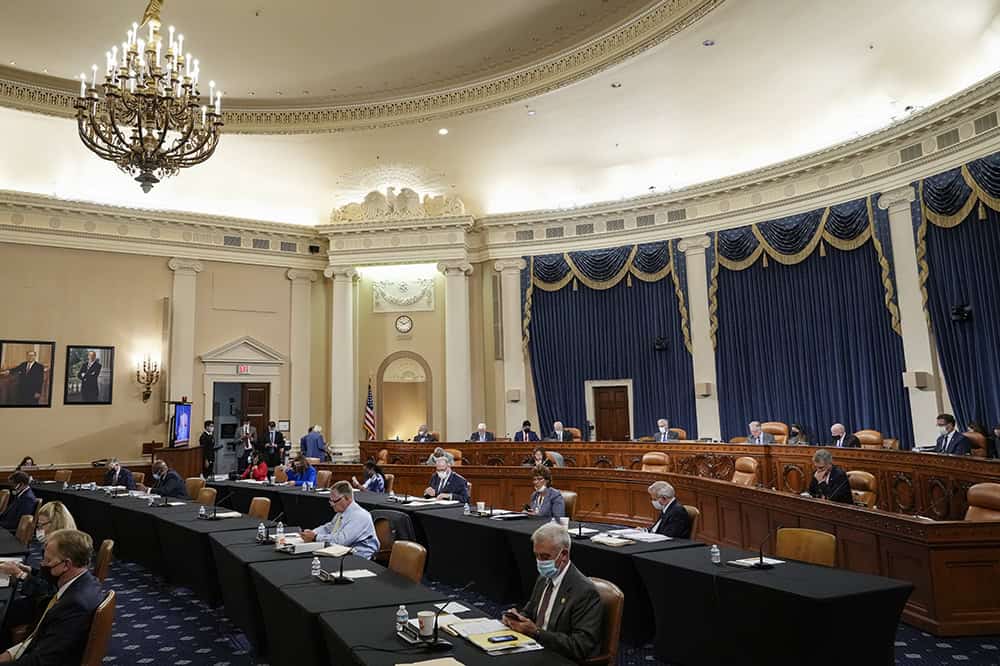Statement on CBO’s Analysis of the President’s Budget
“Today’s Congressional Budget Office analysis confirms that we need to do more to get America’s fiscal house in order. Increasing our public debt by more than 85% to $19 trillion in 2022 is obviously not a prudent starting point for future decades that present even greater fiscal challenges.
“The true test of any fiscal plan is whether or not it stabilizes the federal debt as a percentage of the economy. Unfortunately, the President’s budget projects that federal debt will increase significantly over the longer term. Making minor changes to the tax system and focusing on cuts to discretionary spending will simply not get the job done.
“We need our leaders to look beyond the next ten years and take action to tackle the real drivers of long-term debt. The 10-year budget window conceals the dangerous long term path that we are on, and does not show the rewards and savings of the structural changes that we need to enact, including reforming entitlements and our inefficient tax system.”
Further Reading
Infographic: The Facts About U.S. Defense Spending
National security is both a vital priority and a significant part of the federal budget.
What Is Budget Reconciliation?
The reconciliation process avoids the potential need to gather 60 votes to end debate and, therefore, allows the Senate to adopt legislation with a simple majority.
Budget Basics: National Defense
The national defense budget funds a wide range of activities and represents a significant share of overall federal spending.


